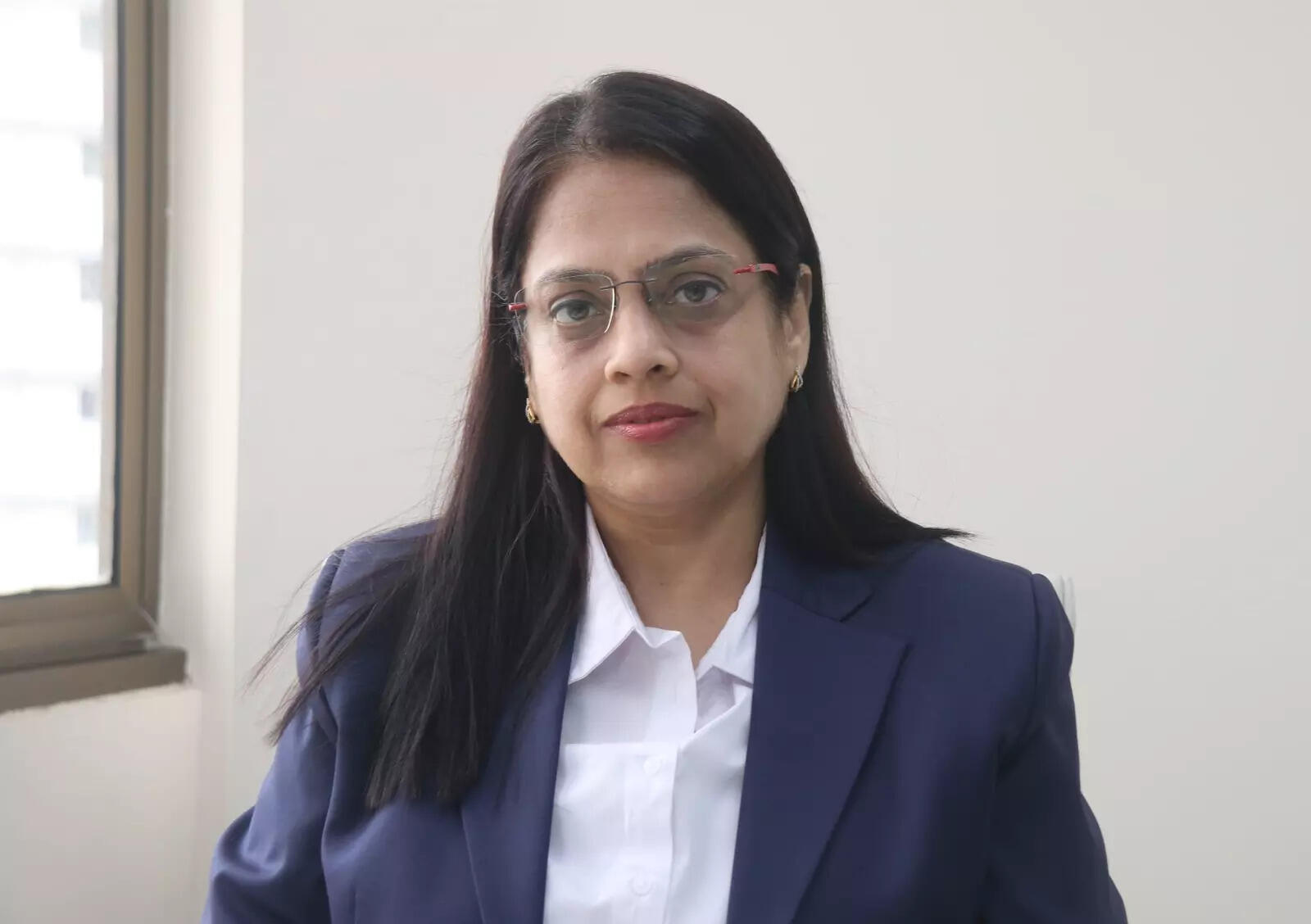
ETLegalword | Q&A Interview
Q: Over the past decade, how have investment patterns among HNIs in India evolved?
Mirchandani: India’s exponential wealth creation post-liberalisation—fueled by IPOs and strategic buyouts—has led to a significant shift. Earlier, wealth was predominantly tied up in family businesses. Now, there’s a growing preference for diversified, portfolio-based investments. That said, nearly 60% of Indian businesses are still family-owned, so structured wealth and succession planning—both for personal and business wealth—has become critical.
Q: When you joined LGT Wealth India, how did you approach the needs of ultra-HNIs and business families?
Mirchandani: When I joined LGT Wealth India ten months ago, our immediate priority was to deeply engage with clients and understand their evolving aspirations. Through these conversations, four clear themes consistently emerged. First, families were seeking robust succession planning that could work seamlessly across jurisdictions. Second, global mobility was becoming increasingly important, not just for lifestyle but also for strategic financial planning. Third, there was a growing desire to expand and diversify wealth beyond India, tapping into international markets and opportunities. And finally, many families—particularly the next generation—were looking for philanthropy models that are not just charitable, but measurable and impactful. These insights have shaped our approach and offerings from the ground up. With our presence across Asia, the Middle East, Europe, the US, UK, India, and Gift City, we’re uniquely placed to offer global solutions tailored to evolving family needs.
Q: Can you name some of the families you work with?
Mirchandani: Due to confidentiality, I can’t disclose names. But our clients span family business owners, professionals, and HNIs across metros and tier-2 cities like Nagpur and Lucknow. Interestingly, wealth creation in tier-2 cities is accelerating, and these families now seek the same strategic support as their metro counterparts.
Q: Are these families investing in emerging sectors like AI, drones, and defense? What about AIFs?
Mirchandani: Real estate has been the traditional asset class, but we’re now seeing a strong shift towards financial instruments and alternative assets, especially globally focused AIFs. At LGT Wealth India, we’ve established Category III AIFs in Gift City to enable global aspirations. India’s evolving regulatory vision and Gift City’s growth are opening exciting frontiers for offshore investments.
Q: Are families investing directly in AI as a sector?
Mirchandani: AI is more of a technology enabler than a direct asset class. Families and wealth managers use AI for portfolio analytics and better insights. Globally, AI-based advisory is growing, and while it’s early days in India, it’s a definite trend for the future. However, AI’s effectiveness here is still limited by lack of standardization in financial systems.
Q: Is philanthropic capital getting more structured, like through donor-advised funds?
Mirchandani: Donor-advised funds are well-established in the West, but in India, philanthropy still operates through charitable trusts, Section 8 companies, and foundations. LGT’s promoter family has been a champion of venture philanthropy in India for over a decade, especially in health, education, and climate. Today’s next-gens want accountability and impact, making sustainable philanthropy more prominent.
Q: How are Gen Z and millennial HNIs approaching wealth differently?
Mirchandani: The younger generation is deeply purpose-driven. Many are not ready—or not yet allowed—to run family businesses, so they express leadership by building startups, launching funds, or engaging in philanthropy. Conversations around generational transition and even mental health are rising. Millennials are set to inherit significant wealth, but their mindset is globally oriented, impact-focused, and tech-savvy.
Q: India’s wealth penetration remains low—how are you tapping into that potential?
Mirchandani: Traditionally, Indian families kept wealth within businesses. But recent liquidity events—IPOs, buyouts—have unlocked that wealth. We’re now seeing a direct transition from wealth creation to wealth management. This space will be central to India’s financial evolution over the next 20–30 years.
Q: How does LGT Wealth India stand apart from global banks, fintechs, or Indian family offices?
Mirchandani: LGT Wealth India stands apart from global banks, fintechs, and traditional Indian family offices through a unique blend of three key differentiators. First, its dual presence in India and international markets allows the firm to offer seamless, bespoke solutions tailored to clients with global aspirations. Second, the firm operates with a responsible ownership mindset—backed by a promoter family that prioritizes long-term, sustainable growth over short-term performance metrics. And third, LGT’s strategic stability sets it apart: unlike institutions driven by quarterly targets or multiple stakeholders, the firm is able to provide consistent, values-driven advice that aligns with the enduring needs of wealthy families.
Q: Do you frequently navigate intergenerational conflicts within families?
Mirchandani: Absolutely. It’s very common. The key is governance. Just like corporate governance sustains businesses, family governance—constitutions, councils, charters—ensures continuity and alignment. Our own promoter family has sustained itself across 26 generations because of robust governance. We bring those learnings to our clients.
Q: So family governance is part of your core offerings?
Mirchandani: Yes, very much so. Family governance, estate planning, and succession are central pillars of our approach—alongside global mobility and philanthropy. We tailor governance models to each family’s structure and needs. There’s no template—it’s built ground up, often using insights from our own promoter family’s legacy.
Q: Has there been any client experience that reaffirmed the importance of early planning?
Mirchandani: One case stays with me—a young professional couple with minor children approached us. We helped them create a complete succession and governance structure. Tragically, the husband passed away unexpectedly. But because we had planned early, the family had clarity, security, and continuity. It was a powerful reminder: you can’t predict life, but you can prepare.
Q: When should one start succession planning?
Mirchandani: Age doesn’t matter. If you have something meaningful to protect or pass on, it’s the right time. Planning can be as basic as adding a joint account holder or writing a simple will, or as complex as setting up trusts and family charters. It’s about your legacy, not just your wealth.
Q: Are next-gen clients also seeking global exposure beyond investments—such as homes or ventures?
Mirchandani: Yes, definitely. For today’s next-gen, global diversification isn’t just about owning foreign equity—it’s about lifestyle and purpose. They’re buying homes abroad, launching global startups, and even engaging in cross-border philanthropy. Their worldview is fluid, and their ambitions extend far beyond borders.

